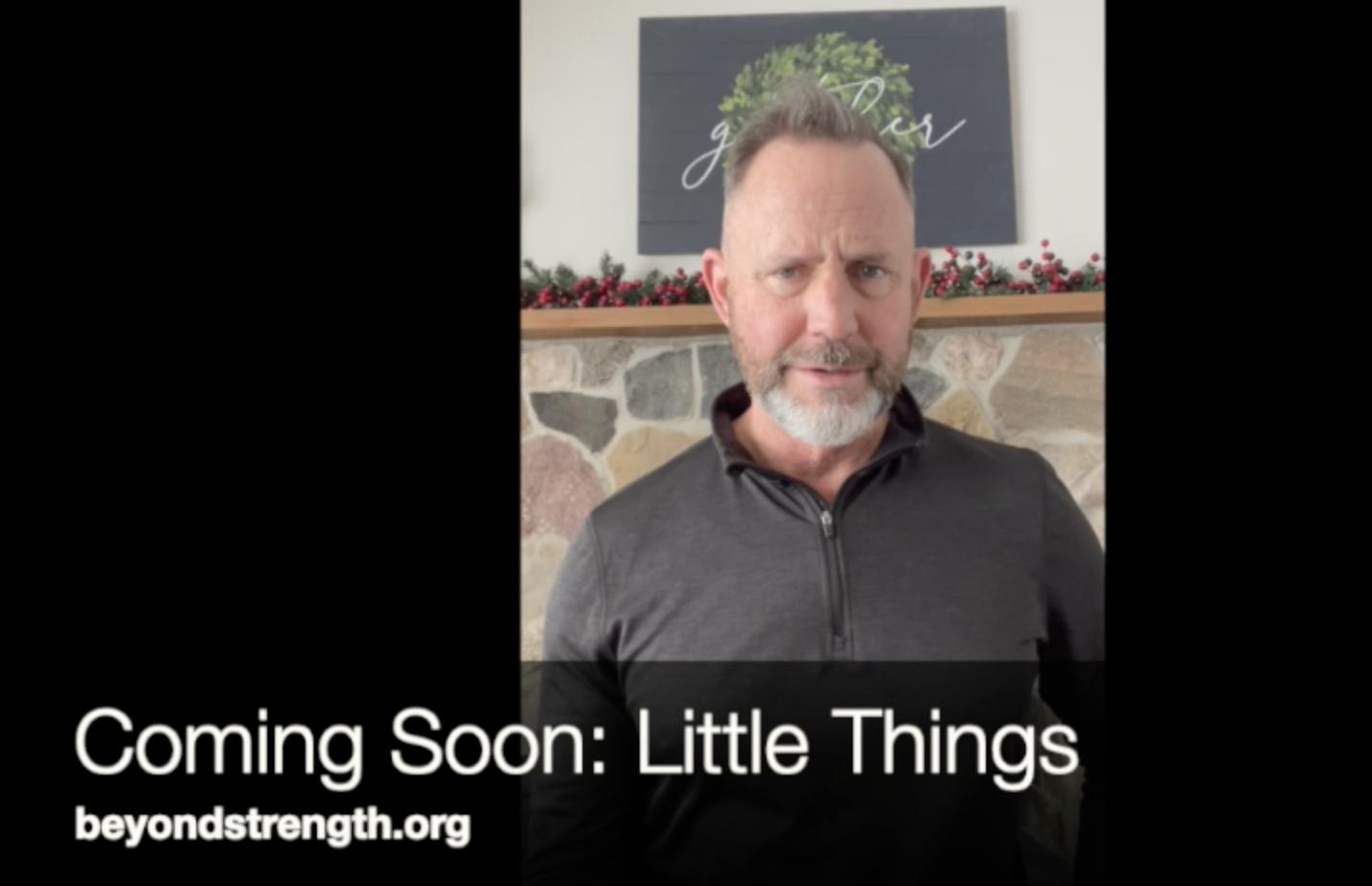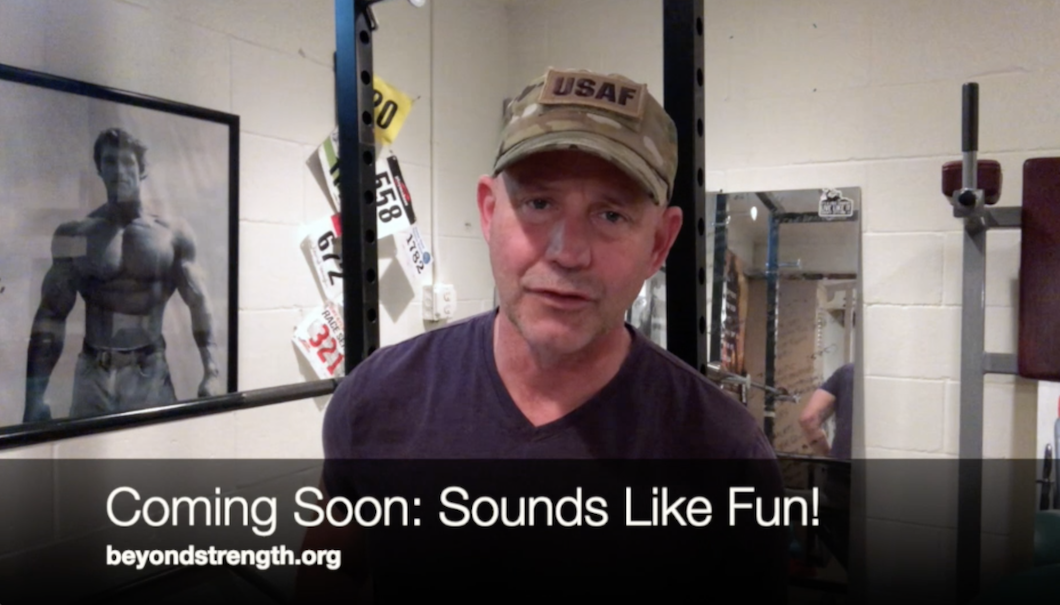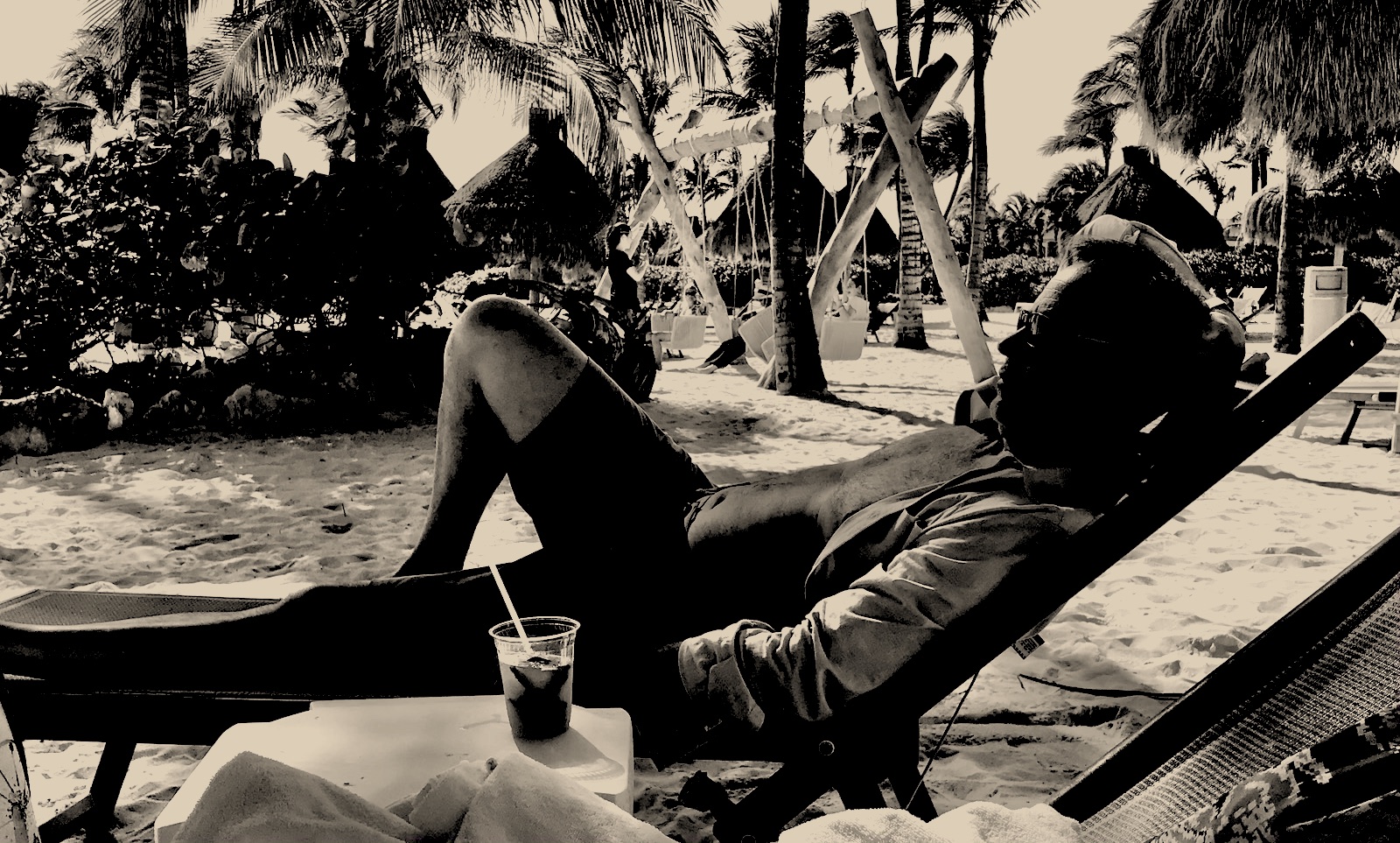Part One of Little Things included an example from my own life where, viewed in hindsight, seemingly insignificant, unrelated events interconnected. Unlike most so-called reality shows, they were not scripted. Neither were they happenstance. I believe what many consider coincidence is instead divine providence: God composing a beautiful symphony from the good, bad, and ugly noises we make on our instruments of free will. He may not assemble the orchestra as quickly or painlessly as we prefer, but good things take time.
Anything worth having is worth waiting for.
Not long ago a former recruit emailed me with whom I hadn’t communicated for decades (portions removed for brevity).
“I can’t believe it has been over 20 years. Defensive Tactics was my absolute favorite class. I still remember all three of my boxing matches. After my third match, I was pretty angry and disappointed that I couldn’t get many punches in. I had taken a lot of hits and refused to be knocked down. You knew I was not happy about it and afterwards and I told you “I sucked”. You grabbed my headgear, looked me in the eyes, and told me I had done a good job. I will always remember that day. Thank you.”
“You did a good job.” Five little words I don’t even remember saying. But she remembers.
Another former recruit was recently honored for exceptional community service. It was a big deal, not just because of the award, but because it almost never happened. Several years ago, a friend contacted me after a dubious roadblock removed his niece from hiring consideration. I researched exceptions and made some calls. Little things that cost nothing but a few minutes of my time helped ensure a now decorated public servant’s dream career wasn’t derailed before it began.


Looking back, it’s gratifying to realize some of those small words and actions made a difference. I didn’t purposely say or do things over the years just so I’d have something cheeky to write about someday. Kindness and helping others is important, and while I mess up plenty, I care about people and genuinely want to make the world better.
The biblical account of a pretentious teenager sold into slavery by his jealous brothers reinforces this concept. Despite entering Egypt a lowly slave, Joseph remained faithful to God, matured, saved an entire nation from famine, and eventually became second only to Pharaoh. But only after being falsely accused, imprisoned, forgotten about, and proving himself trustworthy in lesser jobs first.
Faithfulness in little things leads to faithfulness in much.
That’s a pretty solid recipe for success: start at the bottom, prove yourself trustworthy and capable in the little things, and work your way up.
Today the inexperienced, entitled, or unqualified favorites often ascend to leadership having seldom stayed long enough to master one assignment before moving to the next. They bypass little things like developing core competence or emotional intelligence; learning to be a good team player; understanding their own need for professional development and self-improvement; or showing diligence in even the lowliest assignments.
Too many expect too much having done too few of the little things.
As the founder of Spartan Race enterprise Joe De Sena says, “Instant success imparts nothing of any real or lasting value.”1 Ignoring little things can lead to horrible bosses and systemically poor organizational leadership. It can also spell failure in areas from fitness and finances to relationships and rockets. Just ask any orthopedic surgeon, bankruptcy attorney, therapist, or NASA O-ring engineer.
There’s a reason great coaches spend time on the small stuff.
I’ve written before about incremental improvements. Babies crawl before they walk; regular walking leads to better health; progressively adding pounds in the gym increases strength; progressively losing pounds on your body helps you reach a healthy weight; spending more than you make leads to financial ruin, but saving a little each month and paying off debt leads to financial peace; a little prayer and time in God’s word each day grows faith; and faith the size of a mustard seed can move mountains. (Matt 17.20)
Putting little things before the big things can make the big things a little easier.
For instance, before ascending the marriage mountain, a little dating and courtship may uncover some not-so-little-idiosyncrasies that would otherwise torpedo a relationship before the honeymoon is over. Regular oil changes, proper tire pressure, tune-ups, cleaning, washing, waxing, and other preventive maintenance prolongs the life of your car and help avoid costly breakdowns. Uncle Sam’s similar important little things are known by terms like gig lines; spit and polish; inspection ready; good order and discipline; clean, dry, and serviceable; and direct orders.

It was a simple order that led Japanese Lieutenant Hiroo Onoda to wage an impracticable private jungle war for 30 years after WWII ended.2 Not realizing fighting ended soon-after, he’d been told to “hold [Lubang Island] until the Imperial Army’s return.” Onoda survived so long by doing little things well: field hygiene; uniform repairs; weapon and equipment maintenance; keeping his sword spotless using palm oil he made himself. But perhaps most important, known well by covert operators and combat veterans, were his noise and light discipline. He remained practically invisible for decades.
Even the smallest light can be seen in the thickest darkness.
I’ve heard the glow of a cigarette at night can be seen for hundreds of yards. Fingerprints, DNA, hairs, fibers, and other microscopic evidence solve big crimes. Getting a little off-course while exploring has led to some of my best memories. Examples are limitless.
You’ve heard “Don’t sweat the small stuff, and it’s all small stuff.’ But do you really believe that?
Perhaps losing sight of the small stuff is a major contributor to our rampant discontentment. I remember throwing a tennis ball against my grandparent’s front steps for hours. I’d play entire games fielding pop-ups, line drives, and grounders. All I needed was a ball and glove. People today can’t go 10 minutes without taking a selfie or checking social media. We’re miserable. We need the next best thing, and we’re bored (or embarrassed) by simple things that once fascinated us. John Mark Comer puts it this way: “[We] have evermore everything…except happiness.”3
The issue isn’t how much we have, but what we do with it.
David Jeremiah might sum Little Things up best: “Never underestimate the power of small actions in life. What seems like an insignificant word or action on our part may set in motion a chain of events that God uses in a mighty way.”4
Better a little with the fear of the Lord than great wealth with turmoil. Better a small serving of vegetables with love than a fattened calf with hatred. (Prov 15.16-17)
Smile, laugh, hug, and open doors for people more often.

Bring a little light to this dark world.
Get Strong. Be Strong. Stay Strong.
1 De Sena, Joe (2014). Spartan up. New York, NY: Houghton Mifflin Harcourt.
2 Herzog, Werner (2021). The twilight world. New York, NY: Penguin Press.
3 Comer, John (2021). The ruthless elimination of hurry. Colorado Springs, CO: WaterBrook.
4 Jeremiah, David (2019). Daily in his presence. San Diego, CA: Turning Point.























